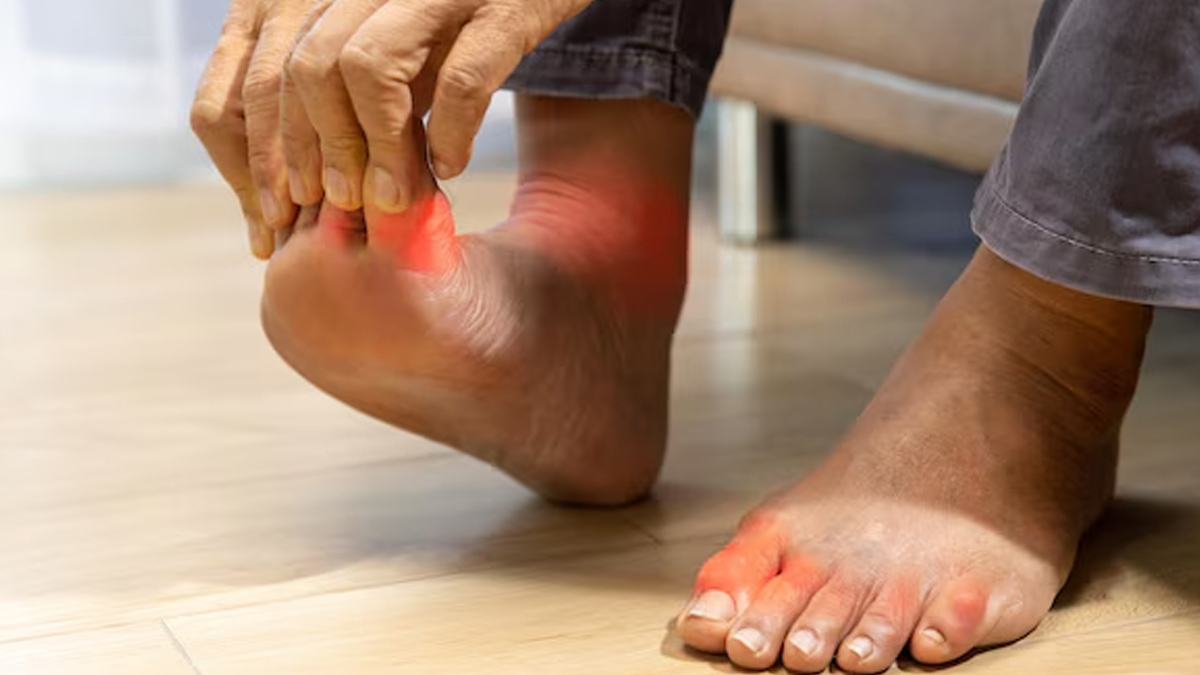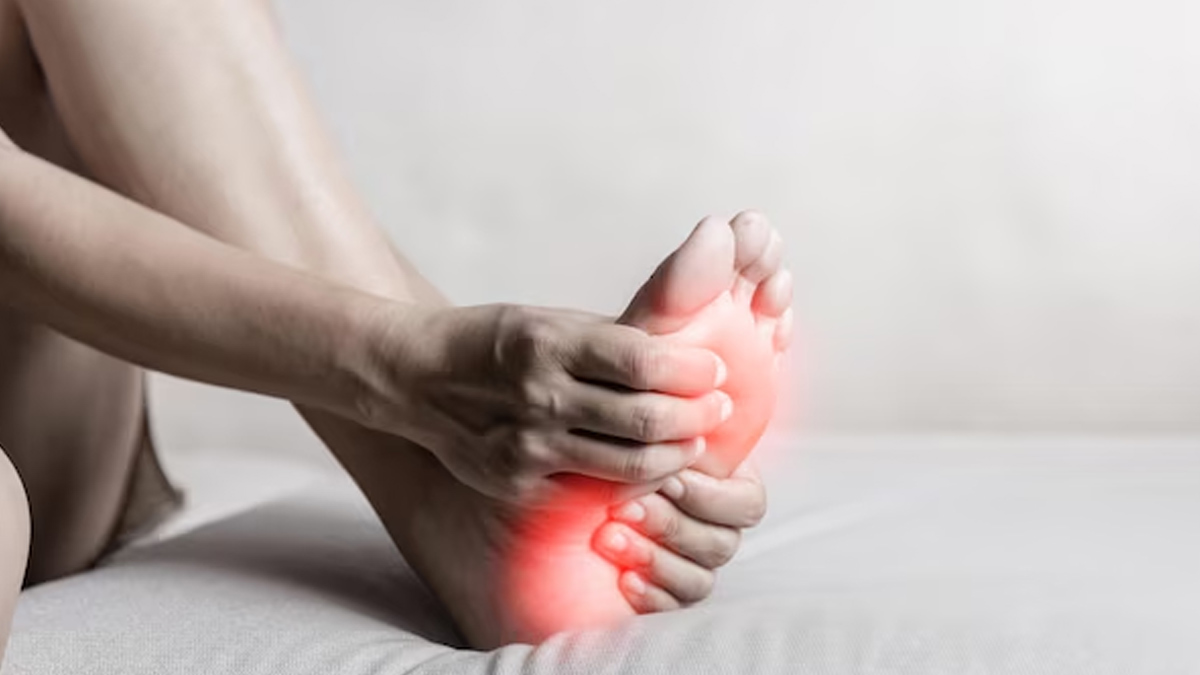Are Gout Symptoms More Severe At Night
Uric acid is a waste product your body makes when it breaks down purines, which are natural substances found in some foods and drinks. Normally, it dissolves in your blood, gets filtered by your kidneys, and leaves your body through urine. But sometimes, your body makes too much uric acid or doesn’t get rid of enough of it. When that happens, it can build up in your system, leading to a condition called hyperuricemia, which may trigger painful issues like gout or kidney stones.
While gout attacks can happen at any time, many people report that their symptoms tend to worsen or strike more frequently during the night. But why does this happen? Let’s explore the reasons behind nighttime gout flares and what you can do to manage them.

In an interaction with the OnlyMyHealth team, , says uric acid symptoms, especially gout attacks, often worsen at night.
"Many people experience sudden and intense pain, commonly in the big toe, during the early hours of the morning. This happens because the body temperature tends to drop slightly during the night, which can lead to the formation of uric acid crystals in the joints," she explains.
In a year-long study tracking over 700 people with gout, researchers found that gout attacks were more than twice as likely to happen between midnight and 8 a.m. compared to daytime hours. This held true even for those who hadn’t consumed alcohol or eaten high-purine foods beforehand.
Also, overnight dehydration is common because we are not drinking fluids while sleeping. Dehydration can concentrate uric acid in the blood, increasing the risk of crystal formation and inflammation, the doctor further shares.

Certain lifestyle habits can contribute to nighttime uric acid flare-ups. According to Dr Ghosh, these include eating a heavy, purine-rich dinner, especially red meat, seafood, or organ meats, which can raise uric acid levels.
Additionally, alcohol consumption, particularly beer and spirits in the evening, can interfere with uric acid elimination through the kidneys.
Moreover, lack of hydration during the day and consuming sugary beverages or foods before bed can also increase the likelihood of a nighttime gout attack.
If a gout flare-up is more common at night, the first step is to rest and elevate the affected joint to reduce inflammation, advises Dr Ghosh, adding that applying a cold compress for about 15–20 minutes can help numb the pain and reduce swelling.
You can also resort to Over-The-Counter (OTC) anti-inflammatory medications, such as ibuprofen or naproxen, which can offer quick relief – though they should be used under medical supervision.
Drinking water immediately may also help flush out some uric acid. Ensure that you avoid alcohol and rich foods during a flare-up. It’s also important to stay calm and avoid putting pressure on the affected joint.

When it comes to gout attacks, you can experience frequent episodes. Therefore, maintaining a symptom journal can help you identify patterns and potential triggers.
Dr Ghosh recommends tracking your daily food intake, water consumption, stress levels, physical activity, and sleep quality. “Noting the timing and location of flare-ups can provide insight into what might be contributing to your symptoms.”
This information is valuable for your doctor and can guide more effective prevention strategies, including dietary adjustments and medication schedules.
Also Read: How To Manage Gout Pain That Just Won't Go Away
According to the doctor, some medications for gout may be more effective or better tolerated at specific times of day. For example, long-term uric acid-lowering drugs like allopurinol are usually taken once a day and work best when taken consistently. However, during a flare-up, anti-inflammatory medications may need to be taken at night for immediate symptom control.
Additionally, timing can also affect kidney function and drug metabolism, so it’s important to follow your doctor’s instructions on when and how to take your medications. If nighttime flare-ups are frequent, your treatment plan may need adjusting to provide better overnight coverage.
Gout pain that wakes you up in the middle of the night is surprisingly common. Changes in body temperature, dehydration, and evening food or drink choices can all play a role in triggering nighttime flare-ups. The good news is that with simple steps like staying hydrated, watching your diet, tracking your symptoms, and taking medications as advised, you can better manage these attacks. Paying attention to your body and working with your doctor can go a long way in helping you sleep more soundly and without the pain.









-1750843500363.jpg)



